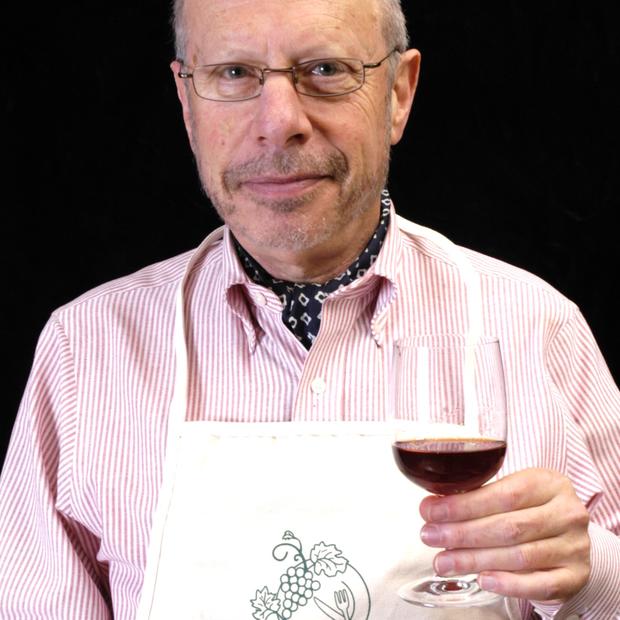Alarm bells are going off in family-owned restaurants around the state as word spreads of a proposed rule change that would allow wine distributors to charge more per bottle for so-called "split-case" orders. It's actually a logical policy; it costs a distributor money to break open a case of wine and deliver only half the bottles. But, under existing rules, distributors cannot charge more (or less, for that matter) than the price "posted" with the Washington State Liquor Board. Small restaurants (and their customers) benefit from this policy; since Washington is a COD state (payment on purchases have to be collected on delivery), it's a way for smaller restaurants to keep a few high-end wines on the list without breaking the bank.
Surprisingly, however, the rule change was requested by the distributors back in October, a month before the election that Initiative I-1100, which would have ended the Liquor Board's monopoly on the sale and distribution of alcoholic beverages in Washington and its stranglehold on pricing regulations. The Liquor Board's longstanding "no discounts" policy was precisely the reason that Costco bankrolled the initiative. Both I-1100 and I-1105 met with opposition from the beer industry, which used millions of dollars in campaign contributions to sow confusion and distrust.
In the "split case" issue, the Washington Wine & Beer Wholesalers Association acknowledges that individual bottle pricies will go up slightly, but claims that the price of full cases could come down somewhat. "In a COD market like this, a high percentage of the wine is sold in less than full cases," says Bob Stevens of Evergreen Beverage Group, a consulting firm, "but the wholesalers and wineries have never been able to price in that added cost associated with storing and picking those split cases."
Still, the result may simply be fewer less-than-full-case orders by retailers and restaurants, resulting in fewer choices for wine drinkers.
On the issue of privatizing liquor sales, and moving spirits into distribution channels similar to wine and beer, the interested parties (as opposed to the ideologues who wrote the initiatives defeated at the polls earlier this month) are surveying the scorched battlefield ruefully. They see the damage done by disunity, they know who the real enemies are, and they know it's going to take politics — not just ideology — to craft a winning strategy. The I-1100 and I-1105 campaigns drew $7 million worth of out-of-state contributions to defeat the local $3 million privatization campaign.
Trying to privatize and deregulate in the same initiative was a mistake, an expensive lesson because it attracted the big beer money, Stevens says. "Keep it simple and we can win."
This post has been edited since it was first published to correct a statement connecting the Wine & Beer Wholesalers Association to I-1105. After re-checking in response to a note from an association representative, Ronald Holden says: "The Washington Wine & Beer Wholesalers did not support 1105, which was, in fact, crafted by two of the state's leading distributors, Odom Southern Holdings and Young’s Market Co. I regret any suggestion that the WWBWA was involved in 1105."

